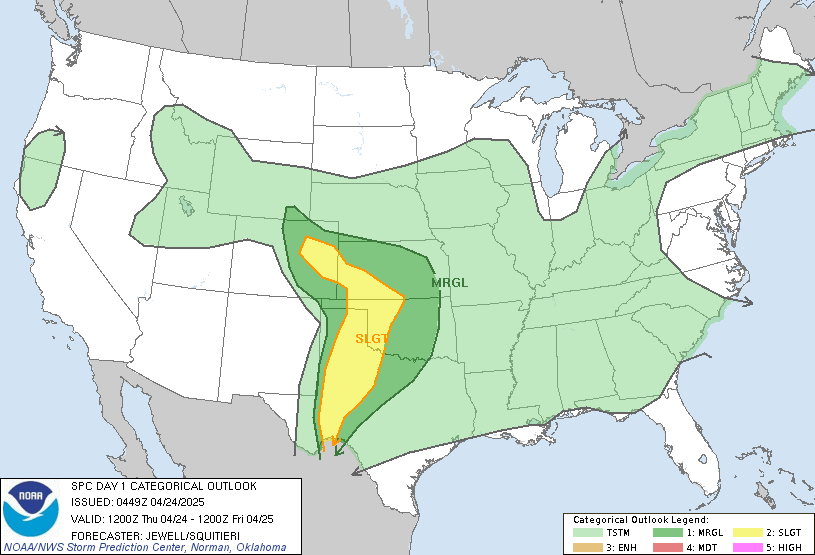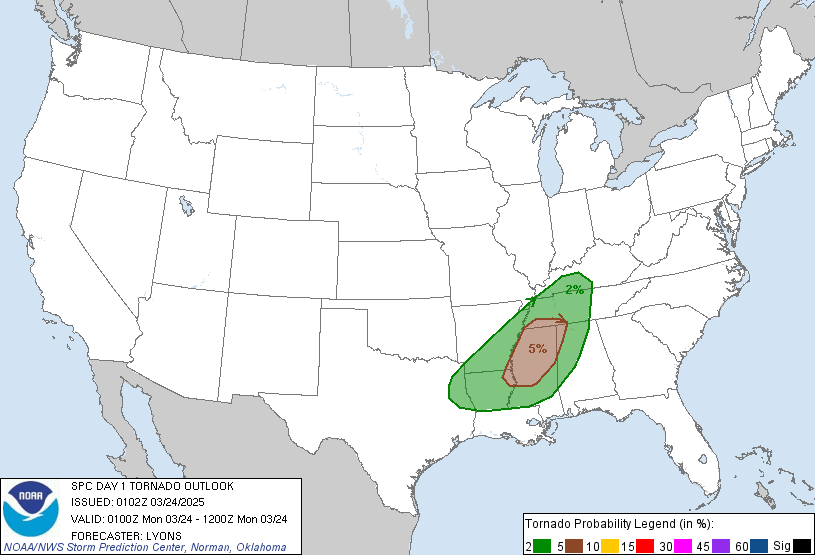We’ve all learned a valuable lesson about privacy during the last few years with the constant news about facebook selling our personal data to companies, how apps would comb through our friends lists and pictures, and how third-party analytics firms sold our data to whoever wanted it.
They even had to come out with a commercial. A commercial! For a free website. That has a billion users!
Let that really sink in. A free thing, that is also a multi-million dollar business, has to run a commercial telling you about how great it is. It’s free. And it makes millions and millions of dollars, but still feels like it needs to run an ad campaign to convince you it is “good.”
Aside from all the privacy concerns, the fact that it will just randomly go down for multiple hours, is also alarming. Particularly if that is your go-to for information.
So, I think it is important that we sit down and have a quick talk.
What is the problem
Along with the Cambridge Analytica riff-raff, it turns out that Facebook also allowed companies like Microsoft, Netflix and Amazon peer into your personal data, too. For money.
Facebook was recently found to be the least trusted tech company by PCMag:

You can click the article where that graphic comes from above, but my goodness it is quite sobering to anyone with Facebook stock. Facebook is the least trusted company – beating second place by a full 32 percent! As an analogy, if they were racing in the 100 meters. And Facebook crossed the finish line with a time of 10.0 seconds, then they would win the distrust race by three full seconds. or about 25 meters. In the mile, Facebook would nearly lap the second place company.
In other words, it is the difference between an Olympian, and a high school JV third-stringer. Let that sink in.
Why that problem is a problem
An untrustworthy company is a problem for that company, sure. When 77-percent of 1,000 people surveyed, ages 35 and up, don’t trust your company, you may have an issue. But, it is also a problem for some of you. Because eight of the people who took the survey were Mississippians. So, through extrapolation it would be suggested that 6-of-every-8 Mississippians don’t trust Facebook with their personal information. And thus their livelihood.
Full disclosure: Yes, I realize that is a tiny sample size and extrapolating from that can be shaky
Yet, every time there is severe weather in South Mississippi, I hear: “When are you going to be on facebook, this is my only way to get updates.”
The ONLY way? Yikes. That seems like a bad idea.
And this isn’t me “calling out” people who rely on facebook for life-saving weather information as being “dumb” or “crazy” because I honestly don’t think a vast majority of people even realize how troubling relying on facebook as the only source of info (for anything) really is. And I never – ever! – fault people for not knowing what they have no reason to know.
And I don’t think people take the time to think about this, and wouldn’t even know to think about this, either.
But they – and you – are about to find out just how scary relying solely on facebook for severe weather is…
Problem Number One: Facebook throttles “pages”
That’s right! When I post something on Facebook, there is a greater-than-95-percent chance you won’t see it. That isn’t hyperbole. That is mathematics.
When I post an update about severe weather, or a radar shot, or even text with the words “Tornado Warning for XX County until YY time” it likely won’t get to you. Ever. The post isn’t actually sent out to all of the 41,000 fans on my facebook page. Instead, it reaches about 1,200.
That is 2.9-percent of you.
And the Facebook algorithm decides who of the 2.9-percent to send it to. It then works with a similar algorithm that runs the “news feed” on your account to decide where to place it. Is it toward the top? Do you have to scroll down to find it? Or will it be shown to you the NEXT time you log onto facebook instead?
Who knows? Seriously. do you know? Because I don’t think anyone actually does.
Even on high-impact days, it still take 24 hours to reach more than 10-percent of my audience.

Can you imagine if other media used similar tactics to disseminate information? What if newspapers only delivered to 2.9-percent of subscribers, even when everyone paid? Or if radio stations, during severe weather, only broadcast at 10-percent power?
Then facebook recycles these posts in your timeline during the next 72 hours.
Not a great business model. But for some reason, with facebook, everyone just allows that to happen.
Is there a solution to this problem? Sort of. You can opt-in to getting notified. You can even have facebook send you an email when I make a post. But again, how much do you trust facebook to actually follow through with doing what it says it will do?
As an example, I have set it up to notify me when my page makes a post. This is a way to double-check that my posts are actually being made.
I am only notified occasionally. I don’t any hard numbers to report, sadly. Though, it is more often than nothing. But if that was my sole way of being informed about something that may potentially kill me… I’d probably be dead.
Or, you could just sit on my page and tap refresh every five minutes. That may solve that issue. But, it doesn’t totally. And that brings me to the next problem…
Problem Numero Dos: Accessing facebook requires an internet connection – on both ends
I know, I know. We all have cell phones these days. And the signal is always perfect. And data is free. And videos always stream with no problem.

Oh, yeah.
Generally, ahead of storms, there is a pretty stout southerly breeze. Sometimes as high as 15 to 30mph. So, there is a chance for power outages reported before the storms ever arrive. No power, no home wifi. When cell towers take a lightning strike, they can go down, too.
So, if you were living in a place with no power, or a local cell tower took a lightning strike, and you rely solely on facebook for updates… what are your options at that point?
Even worse, the television station has been struck by lightning three times recetly. Twice we completely lost power. And thus internet. So even if things were working perfectly on your end, on my end, there were two 10-minute windows where I was unable to post anything facebook.
But at the TV station, our roadcast signal is always the first thing to come back up. Sometimes in as little as 30-seconds.
Problem Number C: It can actually be more expensive in the long run
If you find yourself in a position where you don’t have wifi, cell phone data may be your worst enemy. Some companies offer unlimited data, and that is awesome. But, generally, when you get to a certain point they cap your speed. Throttling your access to the faster, video-streaming data.
Facebook videos stream to your phone between 1mbps and 4mbps. So let’s figure out how much it will cost to stay up to date on the weather!
For easy math, I’ll just use a facebook stream at 2mbps. If you watch a live video for one minute (60 seconds), you use 120Mb of data. Sixty multiplied by two. Pretty straight-forward. What if you watch for 30 minutes? You could use up to 3.6Gb. Watch for 60 minutes, the length of a typical Tornado Warning? Up to 7.2Gb.

If you’re paying for data, at $10 per gig (I know I do), you just spent more than 70 dollars. And what happens if there is another warning? That can get spendy quick!
Conversely, a NOAA Weather Radio is only 30 bucks. One time.
Okay, no more math. Promise.
Problem The Fourth: When it comes to your life, one isn’t enough
This isn’t a post to say “facebook is evil! Never use it!” because it is actually a great tool. It is another way for us to reach you when severe weather strikes if a different medium of communication fails. Plus, I enjoy chatting with everyone that follows me there, and I think it has done a great job to alert people with extra information when they want it, too.
But it isn’t a one-stop shop for anything. Especially when your life depends on it.

Have multiple ways to get alerts for severe weather: It could save your life. Television is good. A NOAA Weather Radio is great. Downloading an app to your phone works, too. And even watching facebook live coverage is fine.
Just make sure you’re using more than one of these things at a time.
So, what can I do, Nick? Since facebook is so bad
Facebook isn’t that bad. My only point here is that ONLY using facebook isn’t ideal. And could cost you in the long-run.
My piece of advice is to have multiple ways to get weather information leading up to, and during, severe weather. Watch your favorite local meteorologist on television, follow your local NWS office on Twitter, buy a NOAA Weather Radio, and make sure WEA Alerts are turned on in your phone’s settings.

